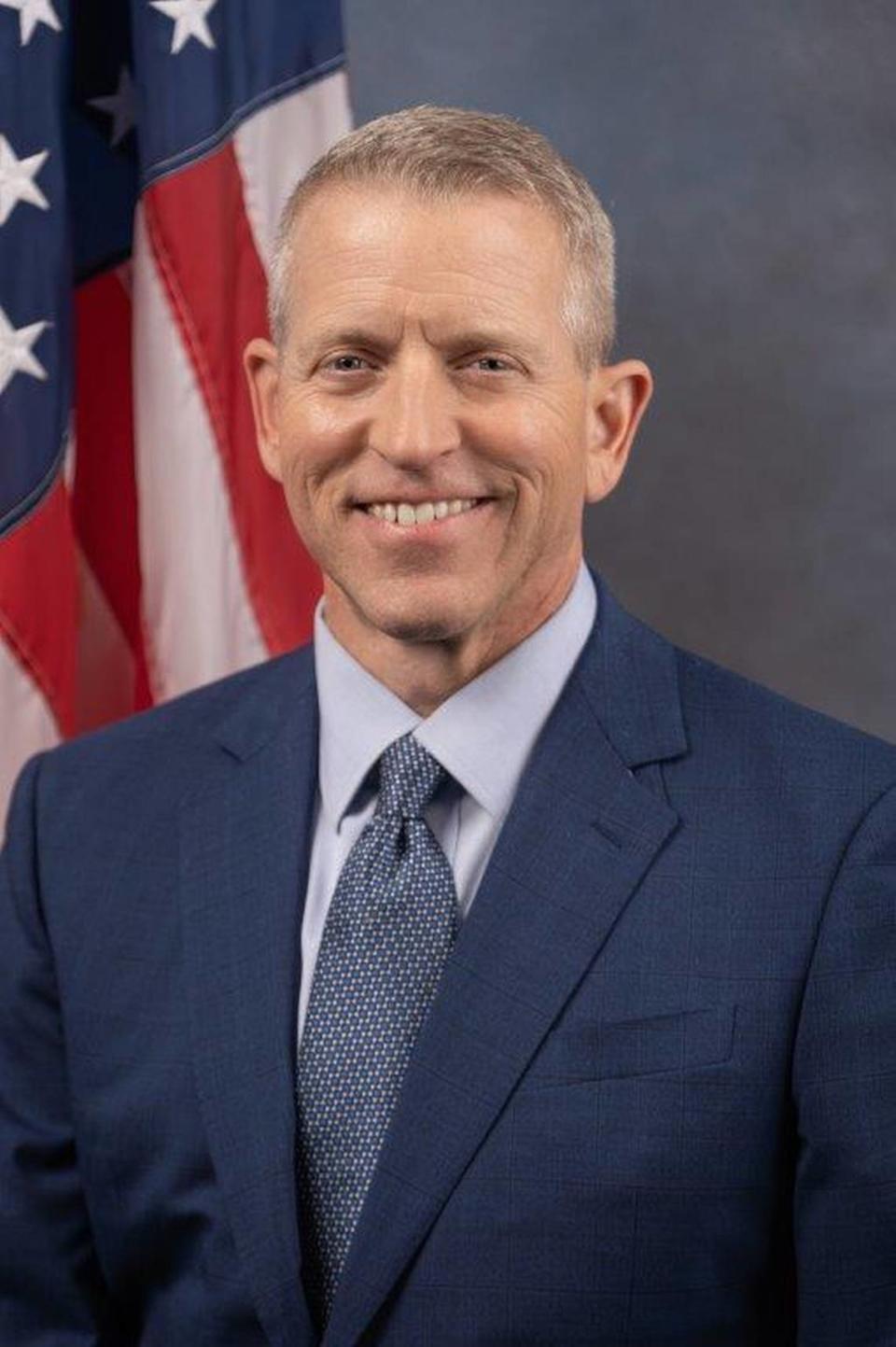Social media can harm kids. Florida must act to break its grip on children | Opinion
Before drug manufacturers can sell prescription drugs, they must undergo stringent testing to ensure safety, including the risk of addiction. Shamefully, the architects of social media purposely designed their platforms to be addictive, like a drug. As a result, social media dominates our culture and permeates the lives of our children.
In the chilling documentary The Social Dilemma, social media’s architects share regret about their role in its design and warn of its threats to society. They describe how the platforms deploy addictive algorithms and dopamine-releasing features like infinite scrolling and notifications to keep children hooked. Those addictive features lure children toward the platforms, endlessly seeking the next dopamine hit.
After what amounts to a decades-long social experiment, we know that social media use correlates with increasing mental health challenges among children. Children who use social media three hours a day are twice as likely to suffer depression. Overall, the Centers for Disease Control and Prevention found that 57% of high school girls experienced persistent feelings of sadness or hopelessness in the previous year; 41% experienced poor mental health in the last 30 days, and nearly one out of every three girls seriously considered suicide the previous year. If you don’t have time to read a study, just ask any parent of teenagers.
The Wall Street Journal’s extensive investigations uncovered internal documents revealing that Meta knew, “We make body image issues worse for one in three teen girls…Teens told us they don’t like the amount of time they spend on the app, but they feel they have to be present.”
Despite acknowledging that their products were toxic to the mental health of young users, they ignored complaints and shut down criticism to maintain their profits.
Meta conceded that “[i]f we lose the teen foothold in the U.S., we lose the pipeline.” In 2021 alone, they spent $390 million recruiting 13 to 15-year-olds. Social media companies stand to earn hundreds of billions in profits if they get our children hooked early, knowing they will become lifetime users.
Since children’s brains and judgment are not fully developed, parents and the public have agreed on setting minimum age requirements in a wide variety of areas: cigarettes, alcohol, gambling, driving, voting, working and marriage, among others. Similarly, there is a compelling public interest in restricting access to social media platforms for children under 16. This session, we have proposed House Bill 1 as a necessary step to protect our children from the harms of these addictive platforms.
Unlike other states that focused on monitoring content, HB 1 narrowly prohibits access to those platforms that deploy addictive technology, which, in turn, harms children’s emotional and mental health. If passed, the law would require these platforms to use a third-party, commercially reasonable, age-verification process. Third-party verifiers could not share any information outside the verification process and would be required to delete all information upon completion.
In Florida, we already see positive results from helping children reconnect to the world in front of them. Last year, we passed legislation that prevents K-12 students from using their cell phones during classroom time. Just six months since the bill’s implementation, teachers and administrators say that students are more engaged, socializing and interacting with their peers, and disciplinary incidents are down.
Social media companies know that their platforms harm children. Nevertheless, their business model depends on monetizing those children, so we expect them to lobby and lawyer up to oppose our reforms. In the meantime, millions of American children will continue to suffer irreparable harm, losing their sense of purpose and self-worth.
HB1 will protect children, give them back their childhood, and prevent this from happening to another generation. It will be a fight, but it’s a fight we intend to win.
Paul Renner, a Republican from Palm Coast, is speaker of the Florida House of Representatives.


